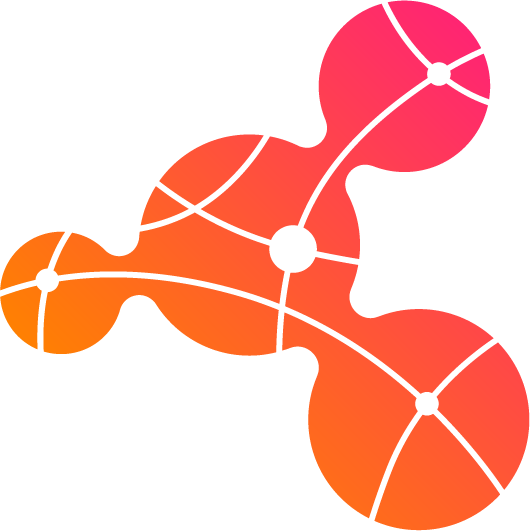It has been a quite around here. But despite the low level of communication, we have been very busy behind the scenes. The German Federal Ministry for Economic Affairs and Energy funded a new project (OIHplus) for taking Open Integration Hub to the next level! Yet again, the Ministry supports our efforts to create an open framework for data exchange and integration to push value creation thru data and make technology accessible for small and medium business.
As of May 1st we restarted our engines with new project: OIHplus. The first sprint since last year has officially been kicked-off already, so check out GitHub and get involved!
The new project is set around a two year roadmap to enhance the Open Integration Hub framework. This will include the incorporation of manufacturing and IoT data, enhanced data analytics capabilities, a workflow layer and more governance functionality. With the development of an Open Integration Hub Platform, we also work on providing the framework as a Service. More detailed concepts and documentation will come available as the topics progress. For anyone already interested, here is a short outline of each area:
Industrial Data Interoperability
Open Integration Hub will soon also help small and medium manufacturing companies. In order to tap into machine data (e.g. from sensors) and link it to process data, we will add new microservices, guidelines and standards. A new kind of connector will also be designed to handle specific IIoT needs. This includes processing of higher volume of data at higher frequency, the capability to filter data within the connector as well as deployment at the machine or on the edge. In order to run an Open Integration Hub instance on the edge, we will work on more lightweight microservices and leaner composition of services. To achieve standardization on a semantic level, we will be looking at complementing or using common standards such as OPC UA and others and work closely with the International Data Spaces Association to include their concepts.
Collecting more data and showing it in dashboards, will provide insight into the production process overall and allow condition monitoring across a heterogeneous production environment.
Data Intelligence
The services of the Smart Data Framework, especially the Data Hub, already provide a solid foundation for more data intelligence on centrally stored data. More functionality around data cleansing, data enrichment and better ways to store and archive data, will make it easier to run advanced analytics on that data.
Advanced monitoring and reporting will be possible this way, but also utilizing data for AI. We will specifically use those capabilities to make processes smarter.
Smart Processes
The analysis of data and workflows will provide insight in potential process optimizations – possibly across the whole landscape of connected solutions. That is the goal of our Smart Process workstream. Besides the actual analytics, the framework has to be expanded with more BPMN-type possibilities to describe processes and map the data flows and integrations to actual workflows within a company. In order to optimize workflows and connect the items within a workflow, we will look at making the current flows in Open Integration Hub more intelligent and customizable.
The goal is to provide SMBs with process optimization knowledge, without having to acquire process modelling skills themselves.
Smart Governance
Open Integration Hub will also support smaller companies with their compliance needs and staying in charge of their own data. New services to provide better data sovereignty and dashboards to gain insights into the use of data and state of data governance, will be added to the framework.
Open Integration Hub Platform
Currently you can take the framework, deploy it any way you want and adjust it your use cases. This flexibility is great. However it also means, that you need to put in some work in order to reap the benefits of the framework. We will provide a hosted version of the framework, in order to make it easier for you to use it quickly. Being able to consume it via APIs will still allow you to implement it according to your needs. But we will not just run it for you. Additional functionality for better configuration of services, white label UI elements for your users and quality assurance processes in the background, will make it easier and more reliable.
We are developing this as a Service approach for the community and want to get as much of your requirements and feedback as possible. So if you are interested in shaping and maybe using this at an early stage, please get in touch: kontakt@cloudecosystem.org.
If you want to know more about the upcoming developments or get involved, get in touch with us or check out GitHub for updates.
